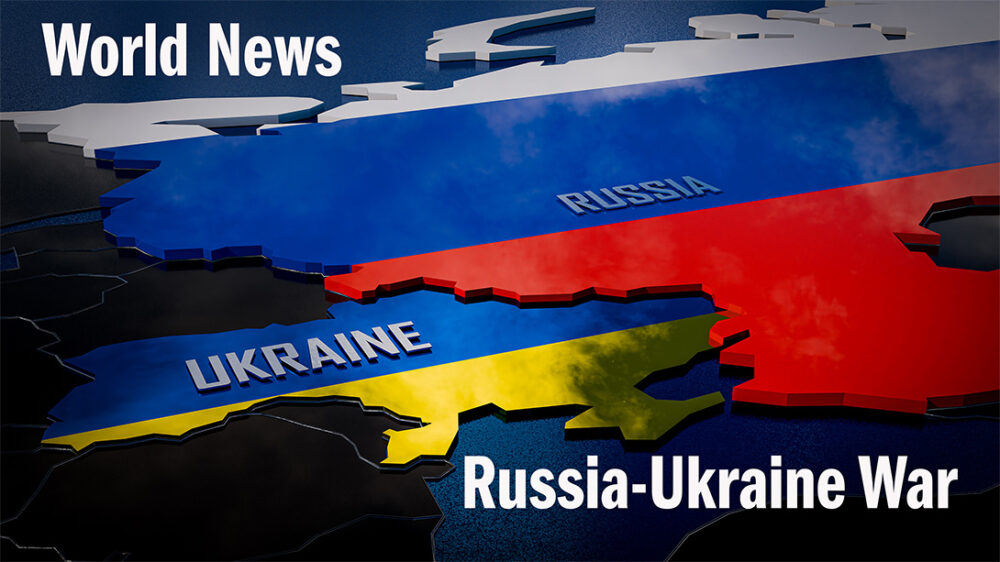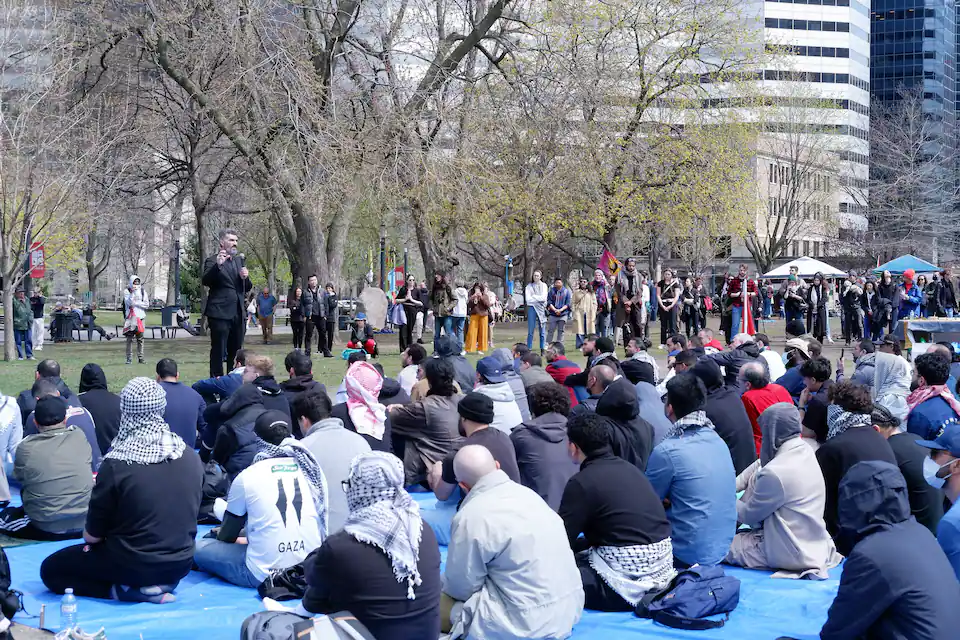
By Tom Ozimek
Contributing Writer
The European Union has unveiled a sweeping new sanctions package against Russia aimed at choking off the Kremlin’s revenues from fossil fuels and tightening restrictions on banks, technology exports, and foreign firms accused of helping Moscow circumvent previous measures.
European Commission President Ursula von der Leyen announced the bloc’s 19th package of Russia-related sanctions at a Friday press conference in Brussels, describing the move as a necessary response to Moscow’s military escalation in Ukraine.
She said the European Union will accelerate its ban on Russian liquefied natural gas, prohibit transactions with additional Russian banks, and for the first time target crypto platforms used to evade financial restrictions.
“Unfortunately, over the past month, Russia has shown the full extent of its contempt for diplomacy and international law,” von der Leyen said, citing large-scale drone and missile attacks on Ukrainian cities that also damaged the EU’s diplomatic office in Kyiv. “These are not the actions of someone who wants peace. Again and again, [Russian President Vladimir] Putin has escalated. And in response, Europe is increasing its pressure.”
LNG Ban Moved Earlier
The centerpiece of the proposal is a ban on Russian LNG imports starting Jan. 1, 2027 — one year earlier than under the bloc’s prior timeline. Von der Leyen said the measure is a culmination of Europe’s efforts to cut energy ties with Moscow under an EU program launched after Russia’s 2022 invasion of Ukraine to diversify suppliers and accelerate the shift toward renewables.
“It is time to turn off the tap,” she said. “We are prepared for this. We have been saving energy, diversifying supplies, and investing in low-carbon sources of energy like never before. Today, these efforts pay off.”
Since the launch of Russia’s invasion, the share of its gas in EU imports has plunged — from about 45% in 2021 to 19% in 2024.
The latest sanctions package also lowers the G7 oil price cap on Russian crude to $47.60 a barrel and adds 118 more vessels from Russia’s so-called shadow fleet to the EU blacklist, bringing the total to more than 560. State-run giants Rosneft and Gazpromneft will face a full transaction ban, and other energy firms will be hit with asset freezes.
Banks, Crypto and Chinese Entities
Von der Leyen said the EU is also stepping up its campaign against financial loopholes. The bloc will ban transactions with additional Russian banks, restrict dealings with foreign lenders linked to Russia’s alternative payment systems, and prohibit transactions on crypto platforms.
“As evasion tactics grow more sophisticated, our sanctions will adapt to stay ahead,” she said. “Therefore, for the first time, our restrictive measures will hit crypto platforms and prohibit transactions in crypto currencies.”
Foreign Minister Kaja Kallas added that the new measures extend to “large economic operators involved in the circumvention of sanctions, revenue generation and support to the Russian military industry, as well as the Russian credit card system and fast payment system.” She said the proposal also seeks to ban investment in Russian special economic zones, as well as further measures on Chinese entities supporting Russia’s military industry.
A key focus of the package is Russia’s fossil fuel exports, the main revenue generator that funds its military operations in Ukraine.
“We target refineries, oil traders, petrochemical companies in third countries, including China,” von der Leyen said. “In three years, Russia’s oil revenues in Europe have gone down by 90%. We are now turning that page for good.”
Economic Pressure
Von der Leyen pointed to signs that sanctions are straining Moscow’s finances, with Russian interest rates at 17% and inflation running persistently high. “Russia’s overheated war economy is coming to its limits,” she said, adding that among the first requests Russia makes in discussions with partners is sanctions relief, which she says is proof that “our sanctions are an effective tool of economic pressure.”
The package also paves the way for a so-called reparations loan to Ukraine, funded by interest income from frozen Russian assets. Von der Leyen said Kyiv would repay the loan only once Russia pays reparations for the war.
The sanctions package now requires unanimous approval from all 27 EU member states, a process that could prove contentious. Slovakia previously held up the EU’s 18th sanctions round, with Prime Minister Robert Fico calling the fossil fuel phase-out “idiotic.” Hungary has also resisted deeper energy restrictions.
Von der Leyen said that the new measures are being aligned with G7 partners, including the United States. Talks are ongoing with Washington, where President Donald Trump has tied his support for “major” new sanctions to NATO countries halting Russian oil imports.
During a state visit to the United Kingdom this week, Trump said that Putin has “let me down” by continuing the war, adding that, “If the price of oil comes down, Putin is going to drop out … He’s going to have no choice.”



